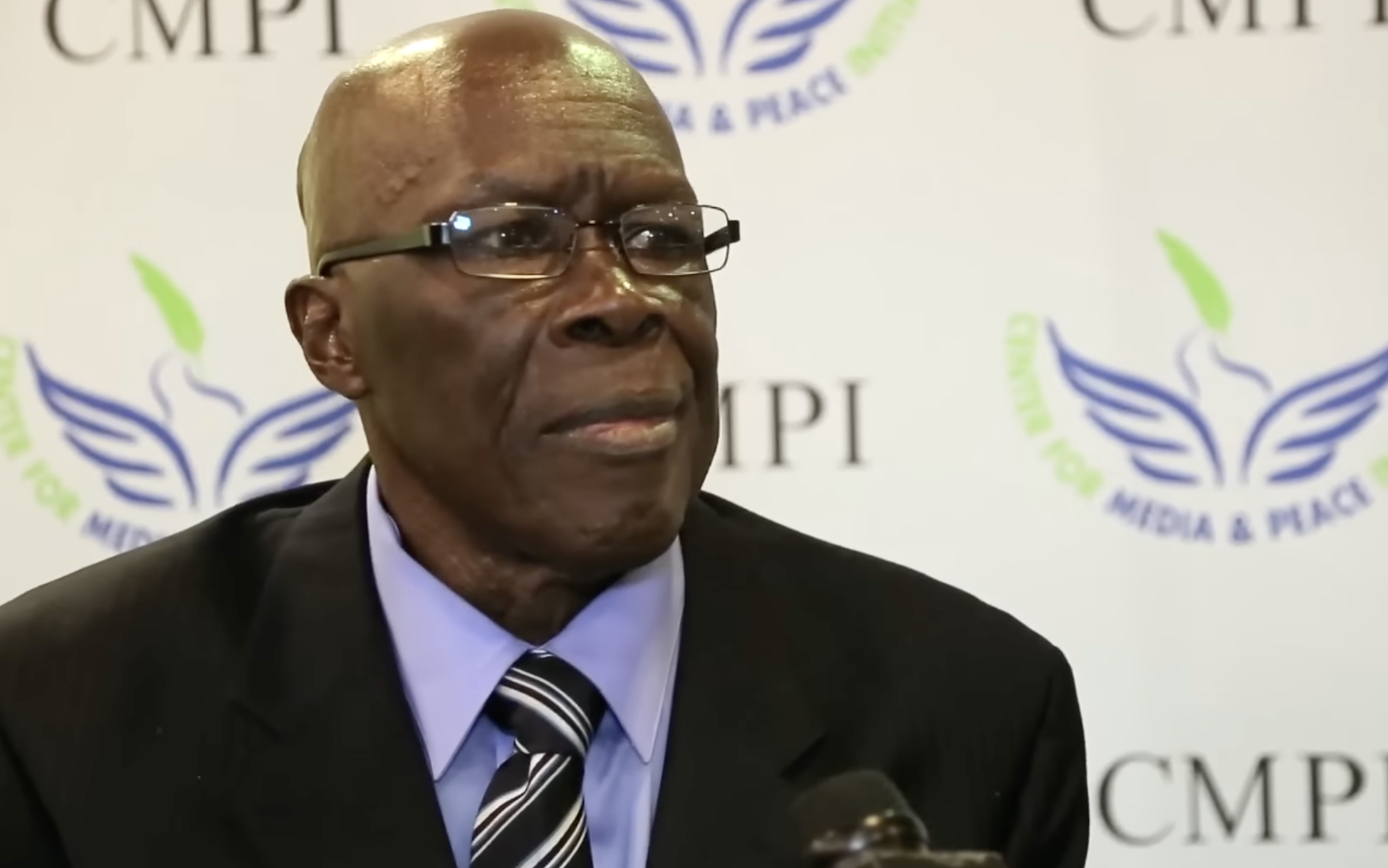Binance Applauds Kenyan Govt for Plans to Regulate Crypto Industry
Binance, the global blockchain ecosystem and cryptocurrency infrastructure provider, wants digital assets to be regulated in Kenya.
Speaking during a high-level press conference held at the JW Marriott Hotel in Westlands, Nairobi, Binance emphasized its support for the Virtual Asset Service Providers (VASP) Bill, while unveiling ongoing and future initiatives to promote inclusive crypto education across the country.
“The Virtual Asset Service Providers Bill is a game-changer, but more than that, it’s a symbol of Kenya’s willingness to lead Africa in responsible innovation,” said Binance Africa’s Legal Counsel Larry Cooke. “We have been working closely with regulators, parliamentarians, and educators because the crypto ecosystem cannot thrive without trust.”
The new Virtual Asset Service Providers Bill, currently under review by Parliament, seeks to formally recognize digital assets and provide a licensing framework for companies such as Binance to operate legally in Kenya. Industry leaders view the bill as a milestone for fostering trust, consumer protection, and innovation in the digital economy.
Allan Kakai, a policy advocate representing the Virtual Asset Chamber, explained the importance of regulatory dialogue.
“One thing the Virtual Asset Chamber was very passionate about is identifying the key regulators and trying to build a bridge for an audience where we can have dialogue,” he said. “The Capital Markets Authority (CMA) has been particularly forward-thinking through its Regulatory Sandbox. That environment of dialogue and experimentation is exactly how we’ve made progress toward what is now the Virtual Asset Service Providers Bill.”
Kakai noted that as of two years ago, no regulations existed around virtual assets in Kenya. However, ongoing engagement with CMA, the Central Bank of Kenya (CBK), and Parliament has resulted in meaningful developments, including the possibility for crypto firms to obtain licenses, collaborate with financial institutions, and protect consumer interests.
“When you’re dealing with people’s money, there needs to be a safety net. The bill makes sure Kenyans can invest without losing their money. It’s a win for regulators, a win for the people, and a win for investors,” Kakai added.
In a major shift, the CBK recently surveyed local banks, payment service providers, and fintech companies regarding their interest in the crypto space. According to Kaikai.
“Thirty-one percent of banks indicated they are open to integrating with crypto firms. This shows the tide is turning. Once the bill becomes law, we expect a surge in partnerships and investment — similar to what South Africa experienced after enacting crypto-friendly regulations.”
Beyond regulation, Binance is also prioritizing education and skills development. According to Saruni Maina, Regional Lead at Binance Africa,
“The main purpose of Binance Academy is to bring crypto education to the masses. Whether you’re a beginner, a developer, or someone curious about digital finance, we have certified courses that upskill and open employment opportunities.”
Maina noted that Binance Academy plans to scale up its programs in Kenya and across Africa to fill the gap left by traditional institutions.
“You’d be surprised — even members of the VASP task force have certifications from Binance Academy. We’re not just teaching theory. We’re creating a workforce that understands and can build within this new economy.”
The bill also includes provisions for institutional education, ensuring that lawyers, tax professionals, and even law enforcement officers are well-versed in virtual asset frameworks.
“Imagine reporting a crypto fraud to a police officer who doesn’t know what Bitcoin is. That’s a reality we’re changing with this bill,” Kaikai explained. “Education has to extend beyond consumers — we need a full ecosystem of understanding to build trust and security.”
Binance affirmed its continued engagement with Kenya’s Ministry of ICT, Capital Markets Authority, and Parliamentary Committees to ensure the bill is enacted effectively and that Kenyans are empowered to participate in the digital economy.
As Binance’s programs expand and the VASP bill progresses, the company envisions Kenya becoming the crypto capital of Africa.
“This legislation might seem local, but it has pan-African implications,” said Kakai. “If we do this right, Kenya could be the launchpad for crypto innovation across the entire continent.”
Binance has emerged as a leading force in supporting cryptocurrency regulation and education across Africa, partnering with governments, regulators, and local communities to foster a safe and inclusive digital asset ecosystem. Recognizing the continent’s vast potential for blockchain innovation, Binance has actively engaged with regulatory bodies in countries such as Nigeria, Kenya, South Africa, Uganda, and francophone nations like Côte d’Ivoire.
The exchange has offered technical guidance and policy recommendations to central banks and financial regulators, helping to shape frameworks that balance consumer protection with innovation. In Nigeria, for example, Binance collaborated with regulators during early policy formation and later introduced features like stronger user verification and transaction tracking tools to align with emerging compliance standards.
On the education front, Binance has invested heavily in demystifying blockchain technology and expanding digital literacy. Through its Binance Masterclass Series, launched in 2020, the company has trained more than 1 million Africans on crypto fundamentals, trading, cybersecurity, Web3 applications, and blockchain development.
Since 2020, the exchange has trained over 50,000 South Africans on blockchain fundamentals, crypto trading, Web3 concepts, and digital personal finance. These trainings have taken the form of in-person workshops, university campus tours, and online webinars. Binance has also localized content in indigenous South African languages, such as isiZulu and Afrikaans, making crypto knowledge accessible to broader communities. Notably, the exchange has held sessions with law enforcement officers and legal professionals to equip them with the tools to investigate and understand crypto-related crimes.
These free educational programs have reached students, entrepreneurs, developers, and even law enforcement officers in over 20 African countries. The training content is often tailored to local needs, translated into regional languages such as Swahili, Yoruba, Amharic, and French, and delivered through in-person events, webinars, and partnerships with universities and coding academies.
To further support responsible adoption, Binance has conducted workshops for regulators and police departments in countries like Uganda, Ghana, and Cameroon, educating them on how to investigate crypto-related crimes and trace blockchain transactions. These initiatives have helped demystify the sector for public institutions while equipping them with tools to ensure user safety and tackle illicit activity. Binance has also collaborated with government agencies in francophone Africa to pilot blockchain applications in public services and financial inclusion initiatives.
In addition, Binance has pushed for financial inclusion by promoting crypto use cases that resonate with local economic realities—such as low-cost cross-border remittances, decentralized finance (DeFi), and mobile-based P2P trading. In several African markets where traditional banking access is limited, Binance’s P2P platform has enabled users to exchange digital assets with local currencies at minimal fees, often bypassing the friction of conventional financial systems.
Reading This Now 25










